Promoting Equality, Equity, Inclusion, and Diversity in the Caribbean on Zero Discrimination Day
The Caribbean faces a significant HIV challenge, ranking second globally outside sub-Saharan Africa in prevalence. While the region has made commendable progress in reducing new infections and AIDS-related deaths, deeply ingrained socio-cultural and religious norms, coupled with outdated laws and policies, fuel the epidemic. These societal barriers create and perpetuate inequalities, hindering the region’s ability to reach its goal of ending AIDS as a public health threat by 2030. Discriminatory attitudes towards people living with HIV remain prevalent, impacting their access to healthcare and support services. Addressing these systemic issues is crucial to achieving a more inclusive and just society where everyone can enjoy their fundamental rights and access vital health services.
Zero Discrimination Day, observed annually on March 1st, highlights the urgent need for decriminalization to protect the lives of vulnerable populations, including those living with HIV. Criminalizing HIV exposure, non-disclosure, or transmission violates human rights and further marginalizes affected individuals. These punitive laws increase vulnerability to HIV transmission and exacerbate stigma, creating barriers to essential support and services. Such structural inequalities fuel the global HIV epidemic and impede progress towards improved health and well-being. The Caribbean, despite its progress, is not immune to these challenges. However, the region’s political leaders have the opportunity to demonstrate how inclusivity can strengthen societies, rather than being perceived as a weakness or threat.
UNAIDS data paints a stark picture of the widespread criminalization affecting key populations and people living with HIV. Numerous countries, including several in the Caribbean, still criminalize HIV exposure, non-disclosure, or transmission. Transgender individuals face criminalization in many countries, while sex work and consensual same-sex sexual activity remain criminalized in a significant number of nations. Furthermore, several countries restrict entry to people living with HIV, mandate HIV testing for various purposes, and require parental consent for adolescent HIV testing. These legal and policy barriers impede global efforts to end the AIDS epidemic.
The international community has recognized the need to address these complex issues, setting the “10-10-10 targets” for 2025. These targets aim to reduce the prevalence of punitive legal and policy environments, stigma and discrimination against key populations and people living with HIV, and gender-based violence against women and girls. Zero Discrimination Day serves as a reminder of these commitments and the need for urgent action. Discriminatory laws in the Caribbean undermine the rights of people living with HIV and key populations, hindering progress towards ending the AIDS epidemic in the region. UNAIDS urges Caribbean governments to reaffirm their commitment to human rights and implement reforms to protect vulnerable populations.
The path to ending the AIDS epidemic in the Caribbean lies in strengthening human rights protections and enacting legal and policy reforms. This includes respecting, protecting, and fulfilling the rights of vulnerable key populations and people living with HIV, ensuring their access to crucial health services. By fostering a more inclusive and just society that leaves no one behind, the Caribbean can achieve its public health goals and create a better future for all its citizens. A crucial step involves aligning national legal frameworks with international human rights standards, repealing laws that criminalize HIV transmission, non-disclosure, or exposure, and ensuring access to justice for those affected by discrimination.
Decriminalization efforts must extend beyond HIV-specific laws to encompass other forms of discrimination targeting key populations. Decriminalizing same-sex sexual activity, sex work, and drug use, along with addressing discriminatory laws based on gender identity and expression, are essential steps towards creating a more just and equitable society. Alongside legal reforms, comprehensive strategies are needed to combat stigma and discrimination. Public awareness campaigns, educational programs, and community dialogues can help shift societal attitudes and promote understanding and acceptance of people living with HIV and key populations. Empowering communities and individuals through human rights education and advocacy is also crucial to challenging discrimination and promoting social change. Ultimately, achieving a truly inclusive society requires a comprehensive and multi-faceted approach that addresses both legal barriers and deeply rooted social biases.
Share this content:
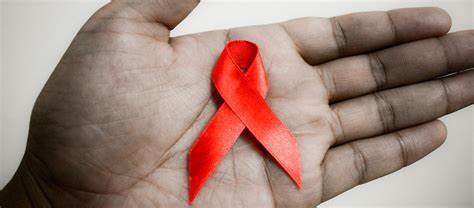

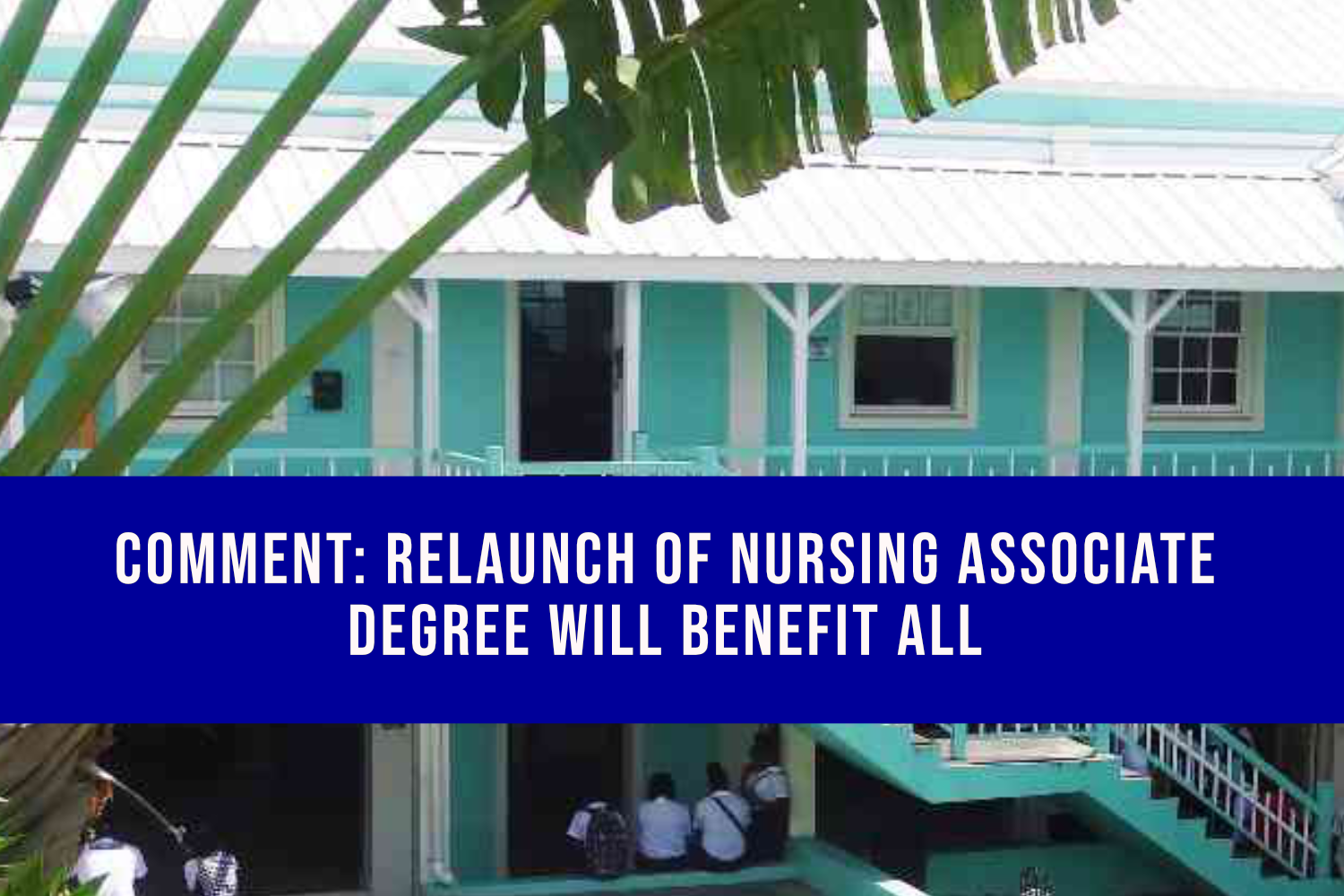
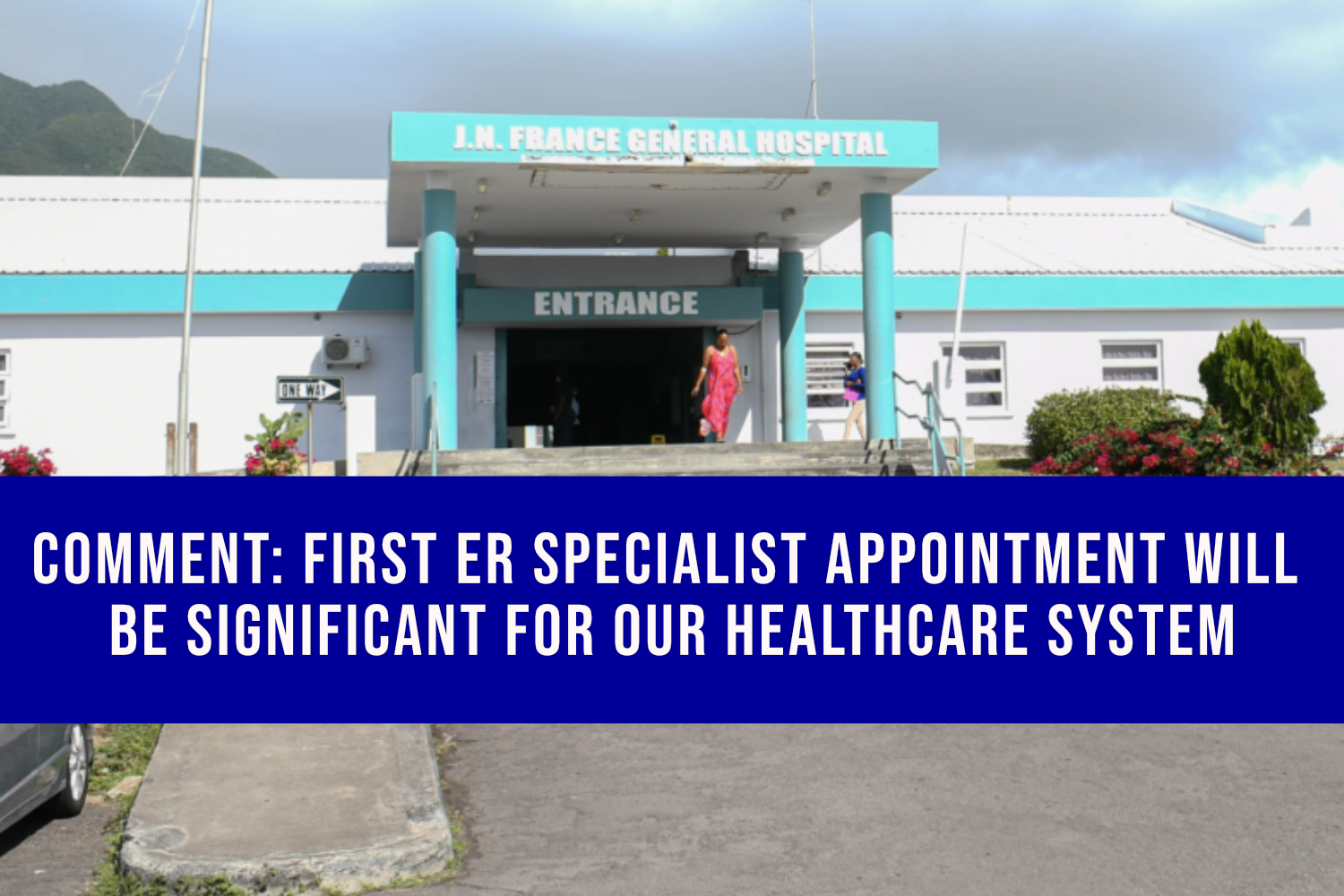

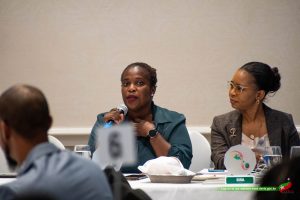
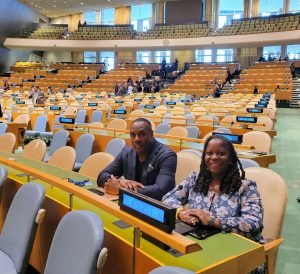

Post Comment